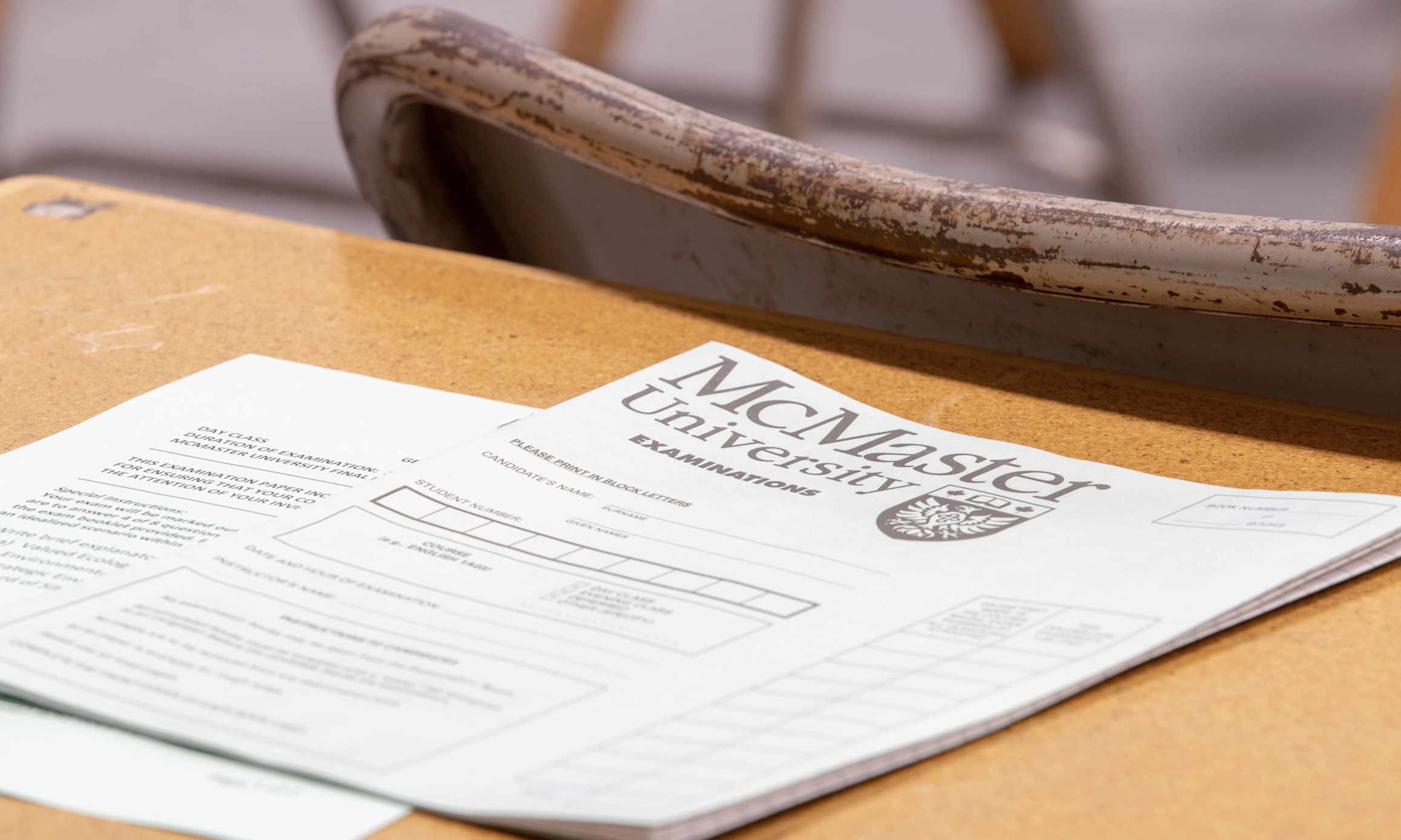Spotlight on SOTL: Four Reasons Not to Administer Time-Limited Tests

This article is based on the following research article:
—
Time-limited testing is a widely used assessment technique in postsecondary education. This paper explores four reasons why time-limited testing is not valid, reliable, inclusive, or equitable. The arguments are drawn from decades of research on this topic. It encourages the reader to consider other more accurate and equitable methods of assessment in the classroom.
What did the researchers do and find?
In this perspective article, the authors argue that if the test is measuring knowledge, the test should be given without a time limit. They propose that time limited tests should only be used when specifically assessing speed.
The researchers identified and developed four reasons why time-limited tests are problematic.
- Time limited tests are less valid.
- Research shows that students’ pace on untimed tests do not predict performance
- Therefore, adding time limits to tests adds an additional variable – now the test is measuring speed in addition to knowledge of the content.
- Outside of a classroom setting, skill is rarely determined by how quickly one can complete a task.
- Time limited tests are less reliable.
- Reliability refers to the consistency of a test; if a person takes the same test multiple times how likely is it that they will receive the same score? According to previous research, the best way to improve the reliability of a test is to remove the time limit.
- Time limited tests are less inclusive and accessible.
- Students who have an extended time accommodation rarely use all their extended time and are physically separated from the rest of the students. A more inclusive practice would be not to segregate students based on disability and provide all students the extra time.
- Time-limited tests are less equitable.
- Untimed tests are more equitable for disabled students, as well as those learning English, students from underrepresented backgrounds, and those who are older than average who may take longer to complete.
How might you use this research in your teaching?
One way to use this research as a professor would be to stop using timed tests and consider untimed tests or alternative testing methods like untimed asynchronous testing (such as take-home exams or testing windows as opposed to set times). The authors also suggest alternative assessments such as research projects and reflection papers as possibilities that may more accurately and equitably assess student knowledge/learning. The authors also encourage the reader to think about why timed tests are the default (beyond administrative simplicity) and to challenge their underlying assumptions about speed being an indicator of intelligence. In general, this paper encourages an equity-focused approach to assessment.
Stay tuned for the next Spotlight on SoTL coming to the MacPherson Memo on March 30, 2022
Spotlight on SOTL, Updates
